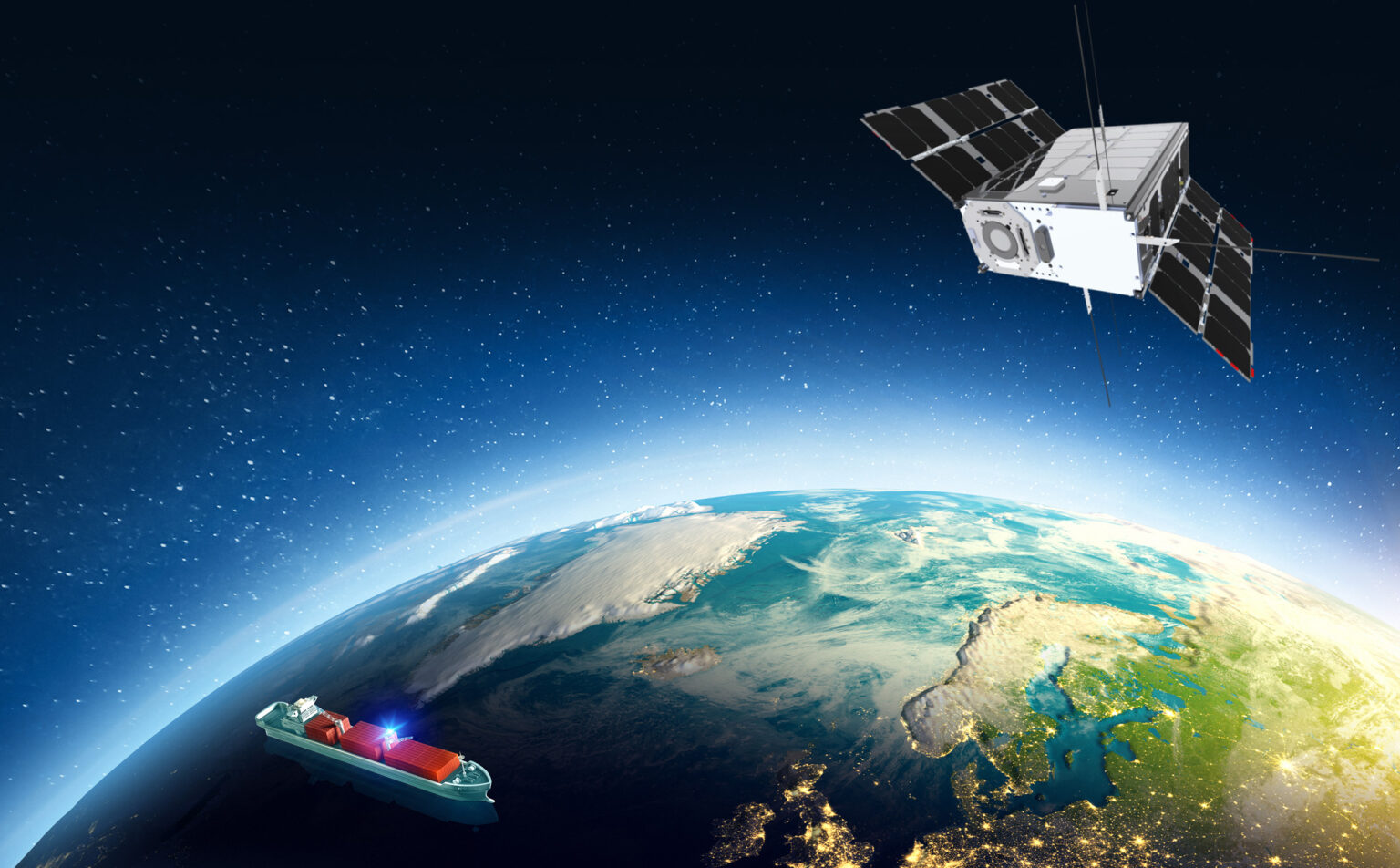Virgin Orbit's 1st UK launch will loft a satellite to track illegal activity at sea
The first-ever orbital launch from a UK spaceport will help to catch criminals at sea.

Ahead of its first UK launch this year, Virgin Orbit has announced its satellite will be tasked with tracking a host of illegal activities at sea.
The Amber-1 satellite is set to become the first-ever orbital launch from the United Kingdom expected in summer 2022. The satellite will be sent skywards from Spaceport Cornwall based at Newquay Airport in south-west England — the country's first operational spaceport.
Once in orbit, the shoebox-sized "cubesat" will be utilized to combat illegal fishing, smuggling, trafficking and piracy by monitoring ships from space.
In photos: Virgin Orbit's LauncherOne rocket for satellite missions
Amber-1 will geolocate and demodulate the radio frequency data of vessels, and provide Maritime Domain Awareness information to users at the UK's Joint Maritime Security Centre.
The launch is being handled by Virgin Orbit using a modified Boeing 747-400 aircraft called Cosmic Girl.

Flying under registration N744VG, the jumbo carries the company's 70-foot-long (21 meters) LauncherOne underneath one of its wings — a rocket capable of launching up to 1,100 pounds (500 kilograms) per mission.
As well as blasting Amber-1 into space, Virgin Orbit said the mission will demonstrate how launching from the U.K. can benefit the country's space sector which, in 2019/20 produced £16.5 billion (around $20.5 billion) in income, according to the UK government.
Get the Space.com Newsletter
Breaking space news, the latest updates on rocket launches, skywatching events and more!
In this case, Amber-1 has been developed by The Satellite Applications Catapult and Horizon Technologies which are both based in England, and it has been built by AAC Clyde Space in Scotland.
The launch will also loft a satellite for an in-space manufacturing startup based in Wales called Space Forth, with the only other confirmed payload being a satellite commissioned by Oman, according to Virgin, which will be used to study hidden patterns underlying climate change.
The Amber-1 satellite is the first of 20 planned to track ships using wi-fi signals, mobile and satellite phone signals, fishing net beacons, radar and high and very-high radio frequencies. It will be fired into orbit once Cosmic Girl reaches 35,000 feet at which point the rocket will detach.
"We are delighted to work with The Catapult and Horizon to launch Amber-1 on this planned historic flight, the first to bring domestic launch capability to the United Kingdom," Virgin Orbit CEO Dan Hart said in a statement. "We believe tracking shipping from space is vital to keeping the seas safe and that Amber-1 is a key technology that will aid this endeavor."
"This important technology and Virgin Orbit’s collaboration with The Catapult are the latest signs of the growth we are seeing across the UK space economy," Hart added. "This is galvanized by our planned capability to launch straight from the United Kingdom to orbit."
Virgin Orbit has said its LauncherOne is a relatively inexpensive and environmentally-friendly way of sending satellites into space, although its debut orbital test launch in May 2020 failed when a fuel line in the rocket's final stage burst, Space.com previously reported.
Since then, Virgin Orbit has had three successful launches. A firm launch date for the Amber-1 satellite launch has yet to be confirmed.
Follow us on Twitter @Spacedotcom and on Facebook.
Join our Space Forums to keep talking space on the latest missions, night sky and more! And if you have a news tip, correction or comment, let us know at: community@space.com.

David Crookes is a UK-based science and technology journalist who has been writing professionally for more than two decades. Having studied at the University of Durham in England, he has written for dozens of newspapers, magazines and websites including The Independent, The i Paper, London Evening Standard, BBC Earth, How It Works and LiveScience. He has been a regular contributor to Space.com's sister publication, All About Space magazine since 2014.









